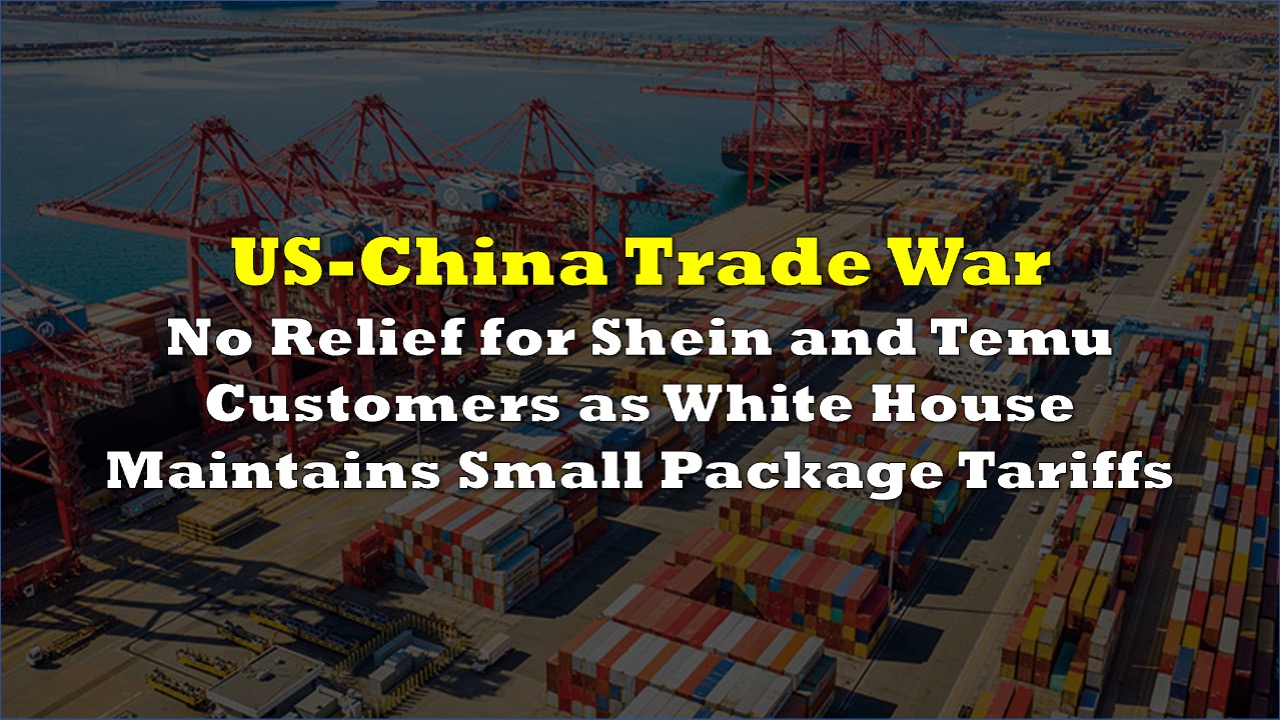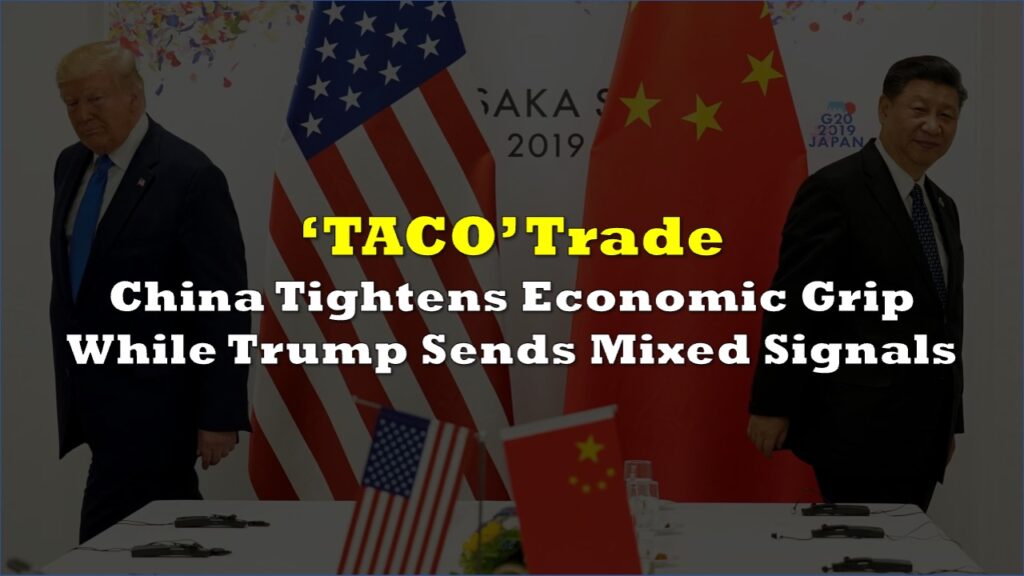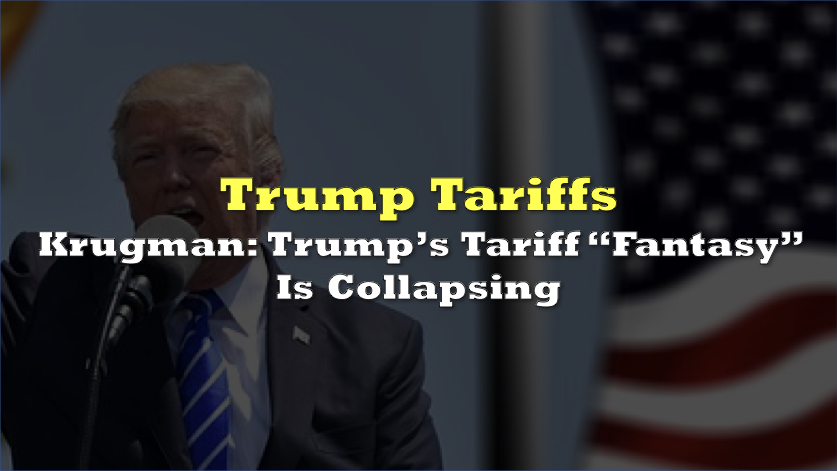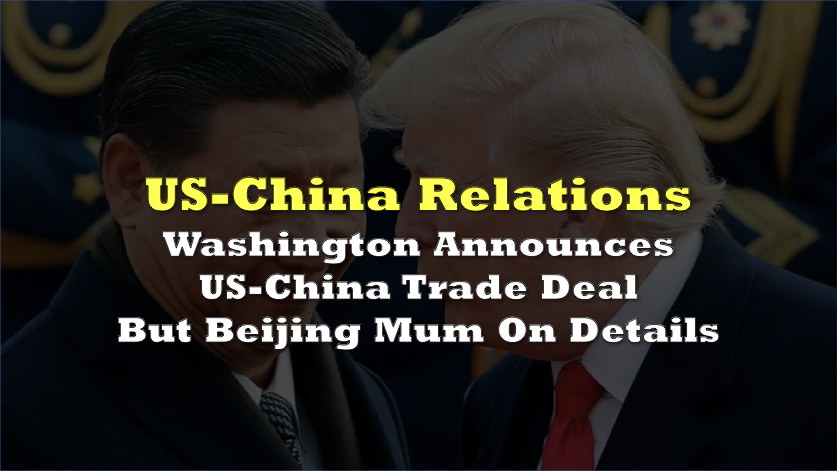Despite a new trade deal that temporarily reduces tariffs on many Chinese goods, the White House confirmed Monday that small packages from China will continue to face significant import duties. This decision particularly impacts consumers who purchase low-cost items from popular e-commerce retailers like Shein and Temu.
Under the new agreement announced by the Trump administration, tariffs on a wide range of Chinese imports will drop from 145% to 30% for the next 90 days. However, the so-called “de minimis” shipments — packages valued under $800 — remain subject to a steep 120% tariff rate or a flat $100 fee per postal item. This flat fee option is scheduled to increase to $200 beginning June 1.
The decision follows President Trump’s earlier move to close a long-standing loophole that had previously allowed these low-value packages to enter the United States duty-free. This exemption had been crucial for foreign online retailers like Shein, Temu, and AliExpress, enabling them to sell super-cheap items to US consumers without the additional cost burden of import tariffs.
Research from Congress indicates that over four-fifths of US online shopping deliveries in 2022 arrived as duty-free shipments, predominantly from Chinese sellers. According to US Customs, the loophole allowed approximately 4 million packages daily to bypass standard tariffs.
In response to these changes, Chinese retailers are already adapting their strategies. Temu has announced it would localize fulfillment operations in America, while Shein has adjusted pricing on tracked shipments. Both companies are exploring ways to help manage the new tariff burden, which could spike to 145% for certain merchandise.
Economic research from UCLA and Yale, cited by CNN, points to disproportionate effects on working-class Americans, finding that nearly half of package deliveries went to lower-income neighborhoods, compared with just over one-fifth reaching affluent areas.
US Trade Representative Jameson Greer called the overall tariff reduction “a significant recalibration,” noting that it “buys space to negotiate.” Treasury Secretary Scott Bessent emphasized that both sides showed “a new level of seriousness” during the negotiations in Geneva.
Information for this story was found via Axios, and the sources and companies mentioned. The author has no securities or affiliations related to the organizations discussed. Not a recommendation to buy or sell. Always do additional research and consult a professional before purchasing a security. The author holds no licenses.









